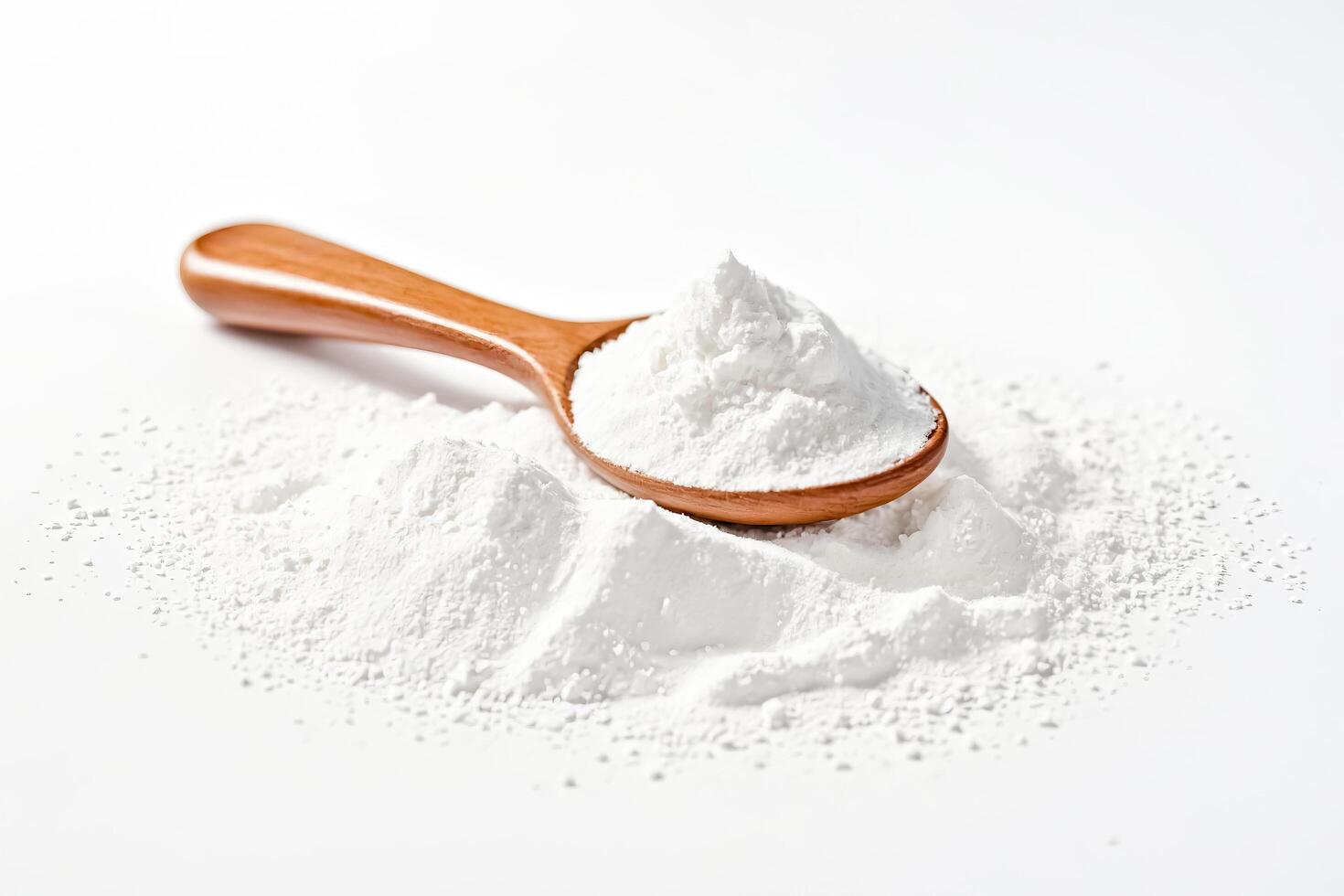12 Brilliant Ways to Use Baking Soda in the Garden
Baking soda, also known as sodium bicarbonate, is a powerful and eco-friendly tool for gardeners. Beyond its common household uses, it offers multiple benefits for plant health, pest control, and soil management. Thanks to its natural alkalinity and non-toxic nature, baking soda provides an effective alternative to chemical-based solutions.
In this article, we’ll explore twelve innovative ways to use baking soda in your garden to keep plants healthy, improve yields, and solve common gardening problems.
1. Enhance Tomato Sweetness
Tomatoes prefer slightly acidic soil, but too much acidity can lead to bland fruit. Sprinkling a small amount of baking soda around the base of tomato plants helps neutralize excess acidity, leading to sweeter tomatoes. Use it sparingly—too much can harm the plant. A light dusting every few weeks during the growing season is enough.
2. Improve Strawberry Quality
Baking soda helps strawberries stay firm and fresh longer by reducing fungal infections like gray mold. To use it, mix 1 teaspoon of baking soda with 1 quart of water and a drop of mild liquid soap. Spray this solution on leaves and fruit every 7-10 days to prevent disease and discourage pests like aphids.
3. Natural Fungicide for Plants
Fungal diseases such as powdery mildew and black spot can damage plants. A baking soda spray can help prevent and treat these problems. Mix one tablespoon of baking soda with a gallon of water and add a few drops of liquid soap. Spray the affected plants weekly to keep fungal infections under control.
4. Safe Pest Control Solution
Baking soda is an effective deterrent for common garden pests:
• Aphids: Mix one teaspoon of baking soda with dish soap and water, then spray infested plants.
• Slugs: Sprinkle a thin layer of baking soda around plants to create a barrier slugs won’t cross.
Since baking soda is safe for plants and pets, it’s a great alternative to harsh chemical pesticides.
5. Adjust Soil pH for Healthier Plants
If your soil is too acidic, baking soda can help neutralize it. First, test your soil pH. If needed, lightly sprinkle baking soda over the soil and water it in. This gradual adjustment can improve nutrient availability and overall plant health.
6. Keep Garden Tools Clean
Dirt, sap, and pathogens can accumulate on gardening tools. To clean them, make a paste with baking soda and water, scrub with a brush, then rinse and dry. This helps prevent the spread of plant diseases and extends the life of your tools.
7. Natural Weed Killer
Baking soda works as an organic weed control method, especially for weeds growing in sidewalks or garden pathways. Sprinkle baking soda directly onto the weeds, covering the leaves and stems. It dehydrates the plants, causing them to die off. Be careful not to apply it near desirable plants.
8. Protect Roses from Black Spot
Roses are prone to fungal infections like black spot. A simple baking soda spray can help prevent this. Mix one tablespoon of baking soda with a gallon of water and add a teaspoon of horticultural oil. Spray your rose bushes every two weeks for stronger, healthier blooms.
9. Test Soil Acidity at Home
You don’t need a lab test to check if your soil is too acidic. Take a small sample of soil, place it in a container, and sprinkle baking soda on top. Add a little water—if it fizzes, your soil is acidic. This simple home test helps you decide whether to adjust your soil’s pH.
10. Reduce Compost Odors
Composting is great for the garden, but bad smells can develop as organic matter breaks down. Sprinkling a small amount of baking soda over the compost pile helps neutralize odors without interfering with the composting process. Just avoid using too much, as excessive alkalinity can slow decomposition.
11. Boost Fertilizer Efficiency
While baking soda isn’t a fertilizer, it can help plants absorb nutrients more efficiently. When combined with organic fertilizers, it balances soil pH, making nutrients more accessible to plants. This results in healthier growth and improved yields.
12. Prevent Powdery Mildew on Plants
Powdery mildew leaves a white, powdery coating on plant leaves, affecting many vegetables and flowers. To prevent this, mix one tablespoon of baking soda with a gallon of water and a teaspoon of liquid soap. Spray it weekly on affected plants to stop mildew from spreading.
Conclusion: A Simple Solution for a Healthier Garden
Baking soda is a budget-friendly, natural solution for many gardening challenges. From enhancing plant health and flavor to controlling pests and diseases, its versatility makes it a must-have for gardeners. By incorporating baking soda into your gardening routine, you can reduce reliance on chemical products while promoting a more sustainable and thriving garden.
Try these methods today and enjoy a healthier, more productive garden with the power of baking soda!

